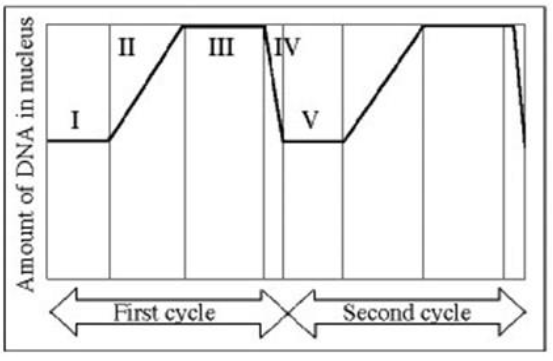#Question id: 11163
#Unit 9. Diversity of Life Forms
The reason that paralogous genes can diverge from each other within the same gene pool, whereas orthologous genes diverge only after gene pools are isolated from each other, is that
#Question id: 11164
#Unit 2. Cellular Organization
#Question id: 11165
#Unit 2. Cellular Organization
Membrane lipids in tissue samples obtained from different parts of a reindeer’s leg have different fatty acid compositions. Membrane lipids from tissue near the hooves contain a larger proportion of unsaturated fatty acids than those from tissue in the upper leg. What is the significance of this observation?
#Question id: 11166
#Unit 2. Cellular Organization
Which of the following fatty acids are linked to membrane proteins?
#Question id: 11167
#Unit 2. Cellular Organization
The core structure of the GPI group consists of :
#Question id: 11168
#Unit 2. Cellular Organization
Which of the following membrane protein do not bind with lipid and, once purified, behave like water-soluble proteins?

